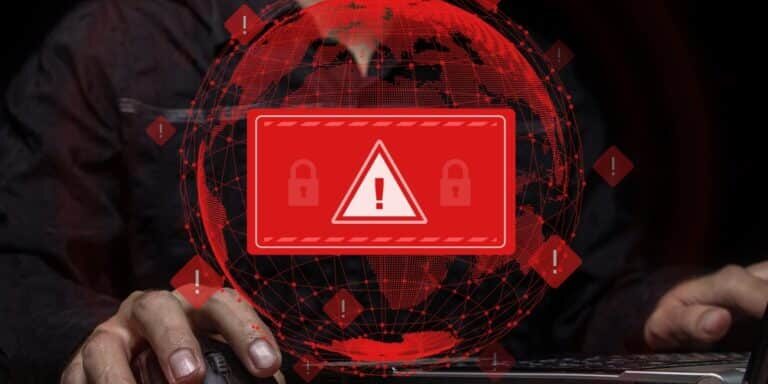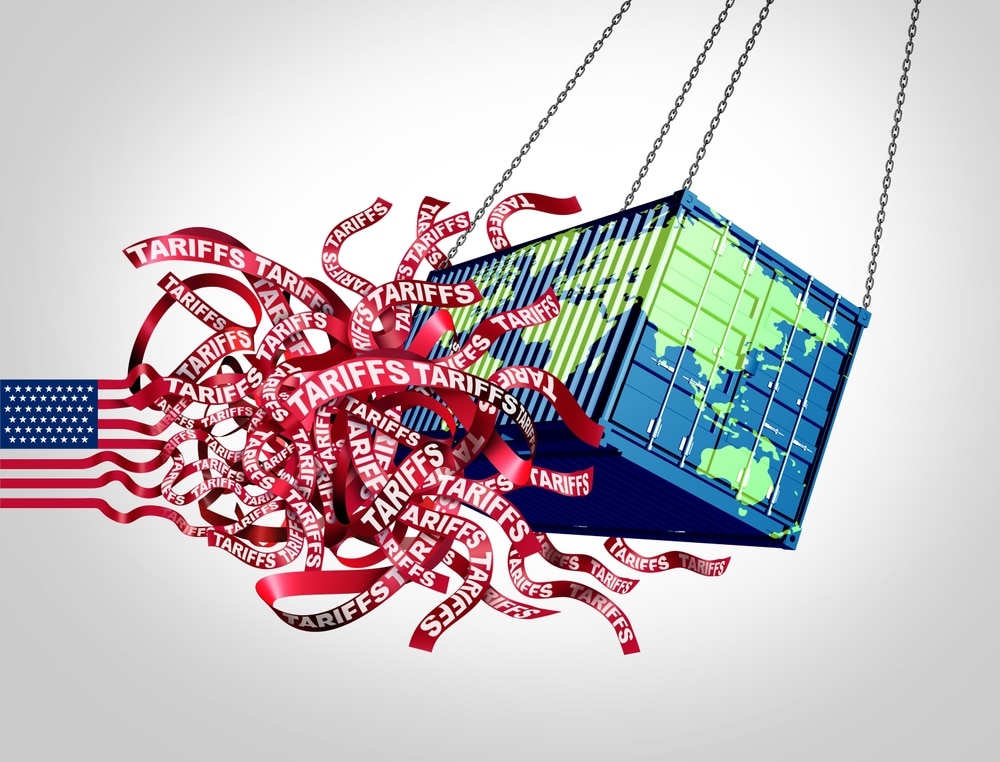
ON HIGH ALERT: 180 Million Login Credentials Laid Bare in Cyber Breach Apocalypse
The Breach: The Digital Front Door Left Wide Open
Cybersecurity researcher Jeremiah Fowler stumbled across a database so unsecured it might as well have been posted on a billboard. We’re talking 180 million usernames and passwords tied to major platforms like Gmail, PayPal, Netflix, Apple, Facebook, Microsoft, and Discord. But it doesn’t stop there — sensitive access data for banks, healthcare portals, and government accounts were also laid bare, with no locks or alarms.
This wasn’t a sophisticated cyber-heist. No, this was a criminal free-for-all — a feeding frenzy of infostealer malware infections. These digital parasites slip in unnoticed, burrowing into your devices and gobbling up login credentials faster than your bank’s customer service line can say “we’re experiencing higher-than-normal call volumes.”
These info-stealers are stealth predators. They target:
- Web browsers storing your so-called “convenient” passwords
- Email clients stuffed with sensitive docs
- Messaging apps loaded with private conversations and security codes
- Cookie sessions that grant instant access without re-entering passwords
Fowler’s report is a grim reminder: your digital security isn’t just about passwords — it’s about how easily they can be vacuumed up by invisible predators lurking in your devices.
The Fallout: Your Financial Autonomy at Risk
Let’s not kid ourselves — this breach isn’t just about annoying password resets. It’s about identity theft, financial sabotage, and the looming shadow of coordinated fraud on a scale we’ve barely begun to comprehend.
If hackers get their greasy hands on your Gmail or Apple ID, it’s game over. They can launch password resets for your bank, your crypto, your health records. Your entire digital footprint is suddenly up for grabs — and once they’re in, it’s not just data they’re after, it’s control over your entire financial life.
And let’s be real: most people treat their inbox like a dusty attic — a bottomless pit of tax forms, medical records, legal documents, and every embarrassing love letter you ever wrote. If your inbox is compromised, you’re not just risking your privacy. You’re risking your entire economic existence.
Five Immediate Moves to Lock Down Your Digital Fortress
- Change Your Passwords. Now.
Start with your most sensitive accounts — Gmail, Apple, PayPal, Netflix, Microsoft, your banks, and anything government-related. Ditch the old passwords and use strong, unique ones. Stop recycling them like old beer bottles. - Turn on Two-Factor Authentication (2FA).
Add that extra layer of protection everywhere you can. It’s the digital equivalent of a shotgun by the door. - Conduct a Full Malware Sweep.
These info-stealers might still be lurking. Deploy a reputable malware scanner and clear out the digital squatters. - Clean Out Your Email.
Your inbox isn’t a vault — it’s a liability. Purge old sensitive data and store critical files offline with solid encryption. - Arm Yourself with the Ultimate Survival Guide.
Download my no-nonsense guide: “7 Steps to Protect Yourself from Bank Failure.”
This guide lays out everything you need to know to shield your money and your future.
This Isn’t Just Another Data Breach — It’s a Warning
We’re in the age of digital predators and institutional collapse. Every data breach isn’t just about personal loss — it’s a crack in the dam of financial stability. If 180 million login credentials can be left out in the open, what else is slipping through the cracks? And what happens when these breaches aren’t just random criminals, but state-sponsored actors or coordinated heists?
You need to understand — this isn’t about fear-mongering. It’s about reality. And the only way to stand tall in the face of it is to take control of your digital and financial life, right now.
Join My Inner Circle — Stay Ahead of the Collapse
My Inner Circle isn’t some feel-good club. It’s a war room for those of us who see what’s coming and refuse to be collateral damage.
For $19.95/month, you’ll get:
- Real-time alerts on cyber and financial threats
- Deep dives on bank stability and risk red flags
- Strategic intelligence to keep your money out of the clutches of both cyber thieves and the collapsing financial system
Final Thought
This breach is just the tip of the spear. If you’re not taking action today, you’re gambling with your future. Don’t be a casualty of the next big breach. Take control. Protect what matters. And remember: in a world where data is currency, vigilance is survival.
— Derek Wolfe










